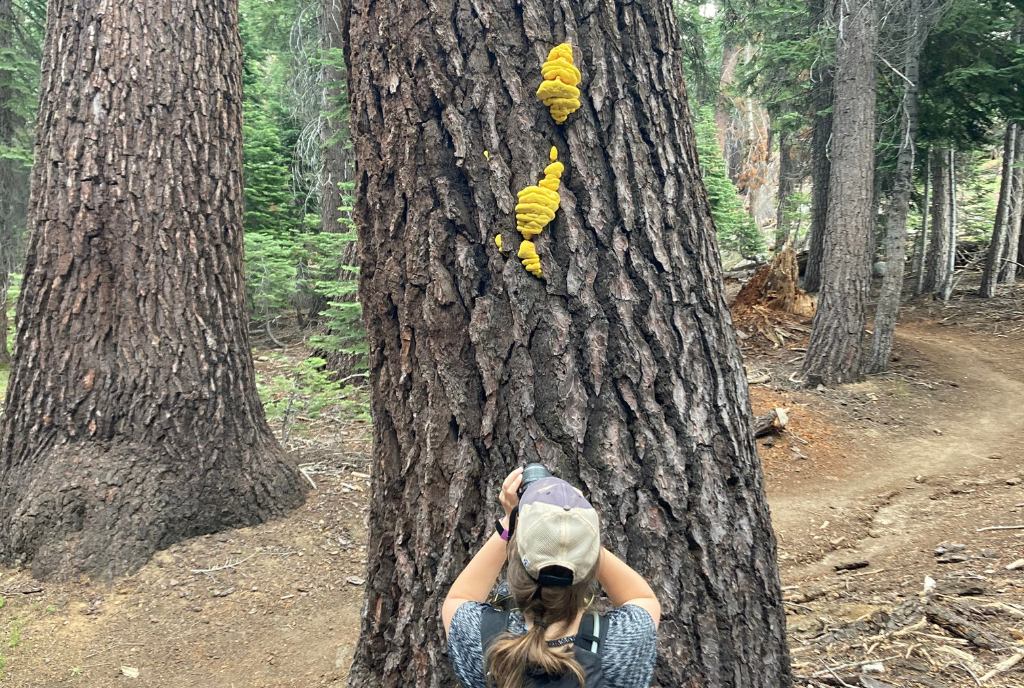
Apr 10, 2023
SX Live 2022 Highlights: How to leverage your support team to scale customer success
Customer SuccessSupport Experiencedigital transformationcustomer experiencenext gen supportSX Live
More than 80% of customers want customer support to reach out to them proactively, according to a recent survey from HelpLama. But it’s difficult for support teams to be proactive when they’re separated from the customer journey.
At last year’s SX Live conference, Qlik’s VP of customer success, Daniel Coullet, advocated for support playing a role in the entire customer journey—not just ticket resolution. According to Coullet, support agents can help boost sales and retention because they understand customer needs so well from ticket resolution.
To help you involve support throughout the customer journey, we’ve broken down Coullet’s top recommendations from his 30-minute SX Live session. Use these tips to strengthen your customer journey and boost sales and retention.
Bring customer support into the sales phase
Think of a year-long customer journey like a clock where each hour represents a month. Those first three months, or hours on the clock, are the time when your client is learning about the product and getting ready to sign on the dotted line.
During this time, support can help sales gauge whether leads are a good fit and would be satisfied with the product.
Say a sales rep talks to a prospect about their needs, and they’re not quite sure whether the product they’re selling fits all of the criteria. The rep can message a support agent to confirm that the product offers the features the prospect wants.
“You can ensure from day one that what has been sold is actually something you can deliver as an organization,” Coullet said.
Leads may also have technical, granular questions about product features. If sales reps don’t know the answer, they can tag in support agents to get more details about the features in question.
Integrate customer support into the purchase and adoption process
Once a client purchases and adopts the product, support agents are there to solve issues and make sure the customer is using the product correctly.
If a customer hits a roadblock when using the product, they can submit a ticket to receive assistance from support. From there, an agent can chime in to solve the problem and offer best practices for future product usage.
Agents may learn through tickets and customer surveys that users across the board want certain improvements and new features. They can pass these requests along to product and engineering teams to make adjustments. But keep in mind that support’s responsibility here isn’t to fix the product itself.
“Our [support] team shouldn’t be implementing solution performance,” Coullet said.
One way to keep support team duties balanced: let support agents handle customer issues with implementation directly through customer tickets, which come through the CRM software. Leave product improvements to product and engineering teams.
Monitor account usage and find upsell or renewal opportunities
Support agents may not have access to product analytics software that shows usage data. But they can often understand usage and help customers get the most out of the product through calls and surveys.
Coullet recommends having agents talk to a new customer about six months after adopting the product to see how they’re doing. The agent can ask the user whether they’re getting value out of the product and feel like they’re set up for success.
“Most of our customers are amazed by that question,” Coullet said. “[They say] that’s the first time somebody’s talking to me, not asking me for more money or if I’m going to renew.”
If the user tells agents about issues, they can step in to solve the problems as quickly as possible to keep the customer happy. On the flip side, the user may share positive experiences with the product—giving the agent room to encourage upsells and renewals.
Does a customer success manager usually handle these responsibilities? Yes—but that doesn’t mean support can’t help, too. Agents are well-equipped to help customers make the best use of the product.
“Most of what a CSM can do at scale is something you actually can do with your [support] team,” Coullet said. “Challenge your low-end [smaller clients], where maybe your team can do more than be reactive and solve cases, that actually can help customers to use our product, take advantage of it, and get value out of your services and product.”
Your support agents may not be able to dig into product usage for every client. Some users—especially ones with large accounts—may need more technical support with plenty of ticket resolution.
But Coullet finds that agents, more often than not, can help customers get value from the product while also handling tickets. Encourage agents to help customers with product usage as much as they can to encourage upsells and renewals.
Use customer support to boost sales and retention
Instead of just being reactive and solving cases, let your support team jump in throughout the customer journey. Agents are well-equipped to help sales land deals and help customers make the most of their products alongside customer success managers.
Coullet said, “Your training team…CSM, support [all come] together to provide this awesome, delightful experience for these customers.”
Want to learn more tactics for merging support and customer success? Sign up to get full access to the keynote, Coullet’s talk, and all the great sessions from this 3-day event where you’ll hear from professionals at Microsoft, Zendesk, Salesforce, and more.
To be part of this year’s SX Live sessions and catch insights as they happen, sign up to reserve your spot at SX Live 2023 virtual conference.
Don’t miss out
Want the latest B2B Support, AI and ML blogs delivered straight to your inbox?



![22.05-NA-NEWS-5-things-we-learned-from-SX-Live[1]](https://www.supportlogic.com/wp-content/uploads/2022/05/22.05-NA-NEWS-5-things-we-learned-from-SX-Live1.png)
